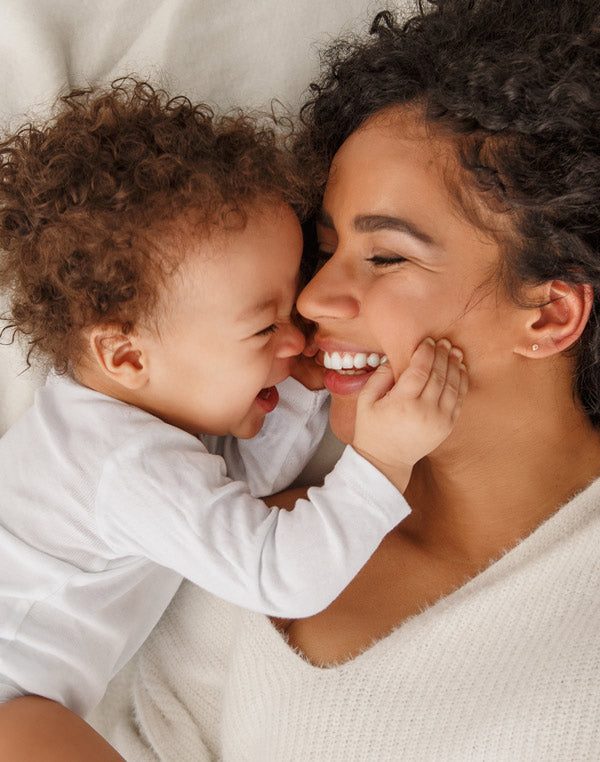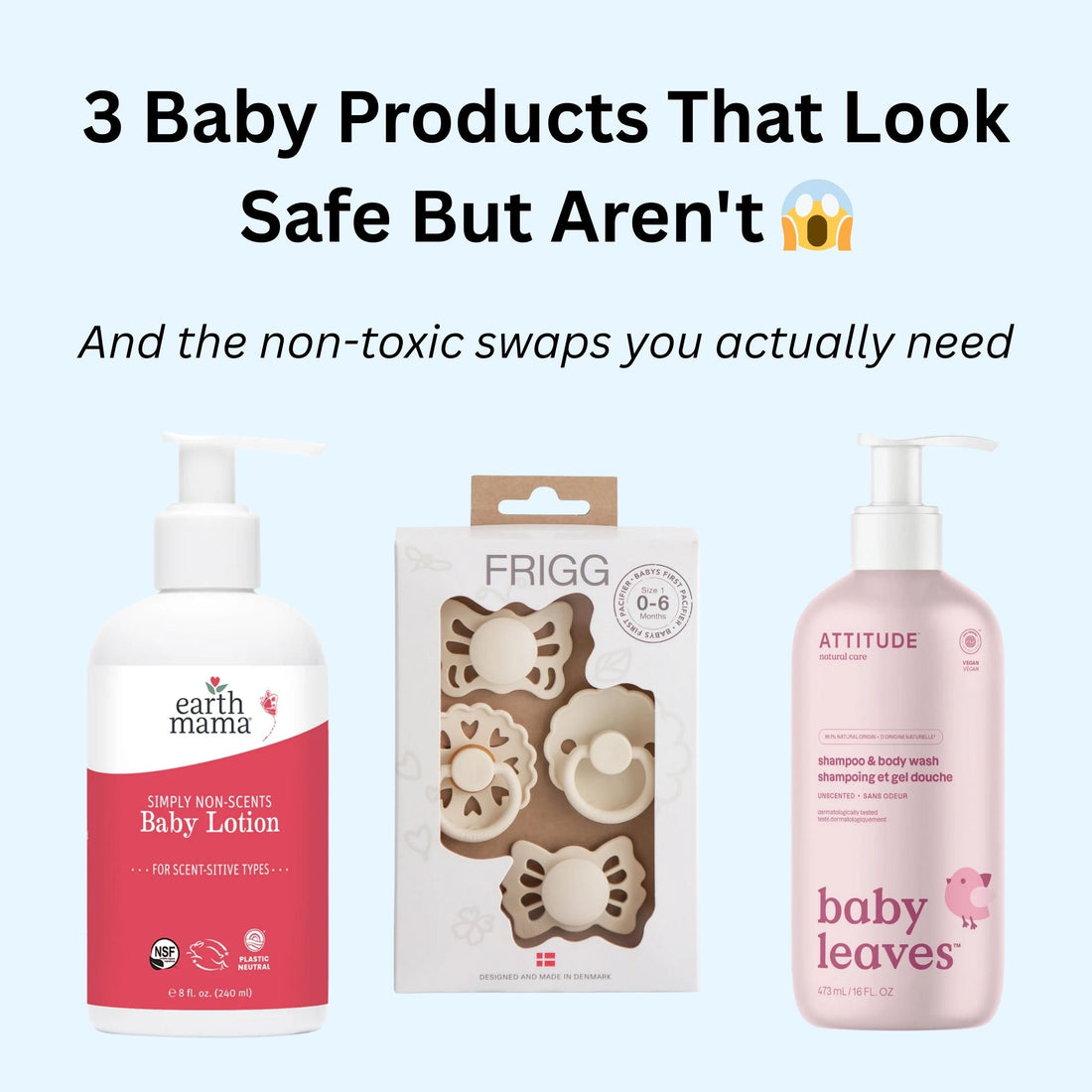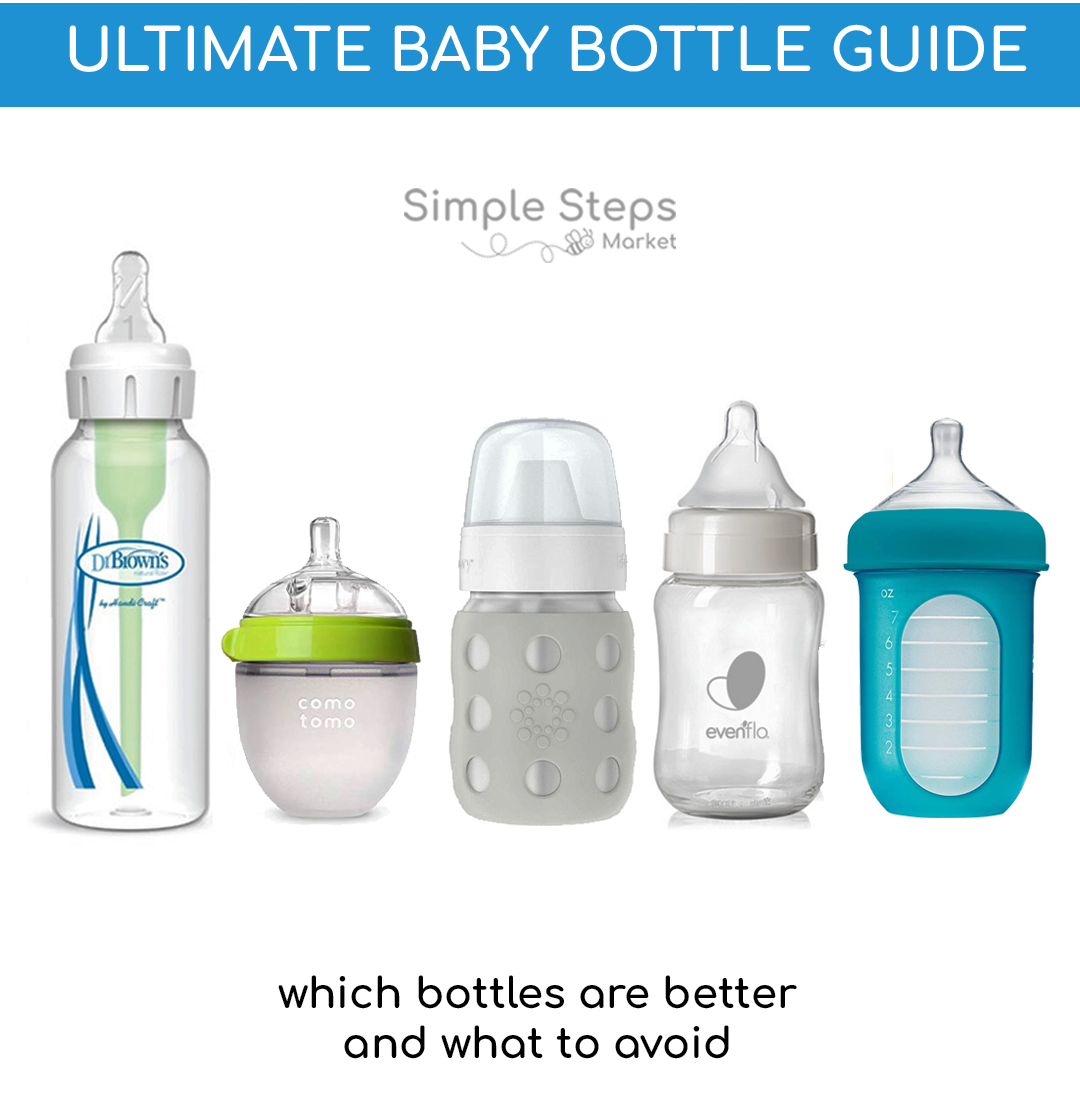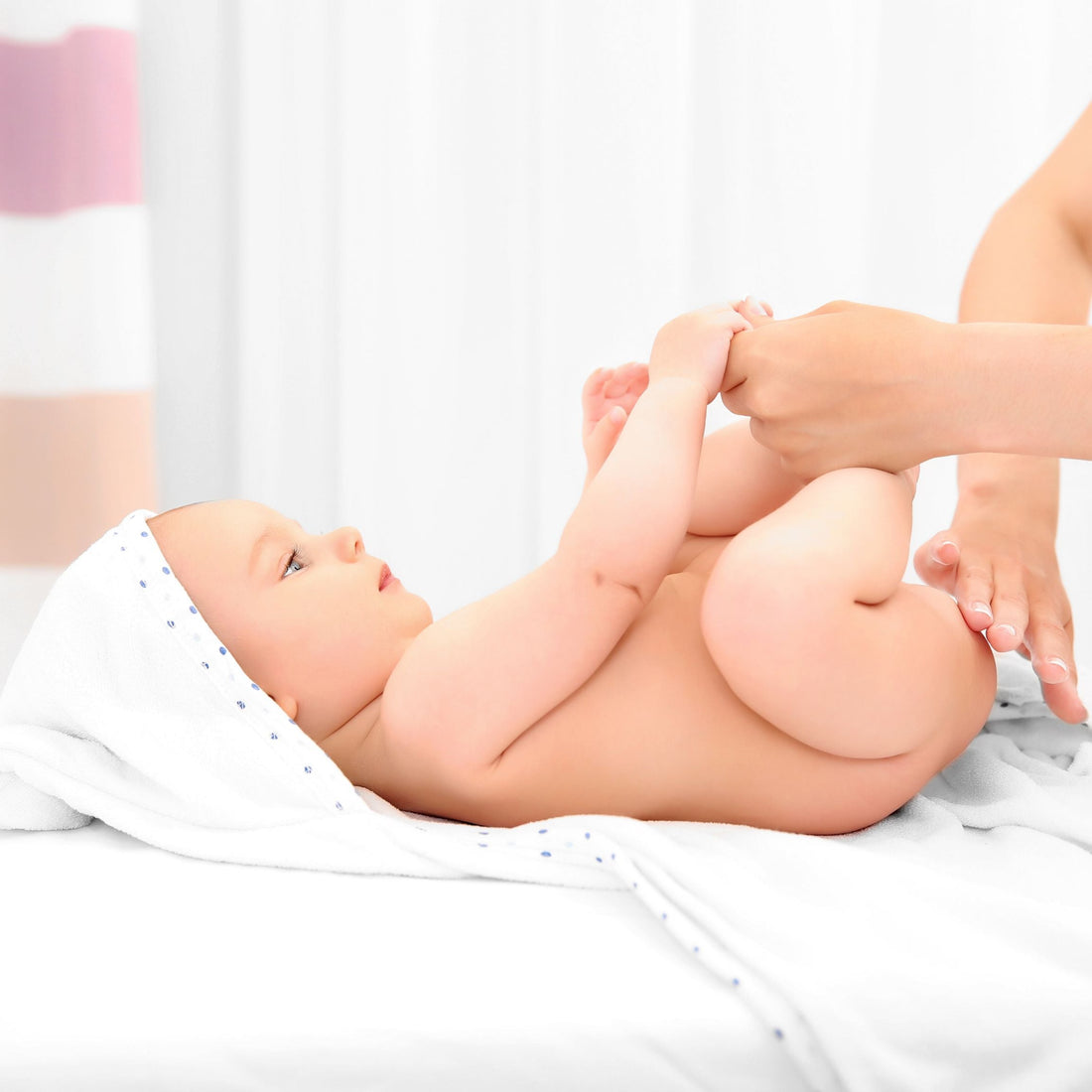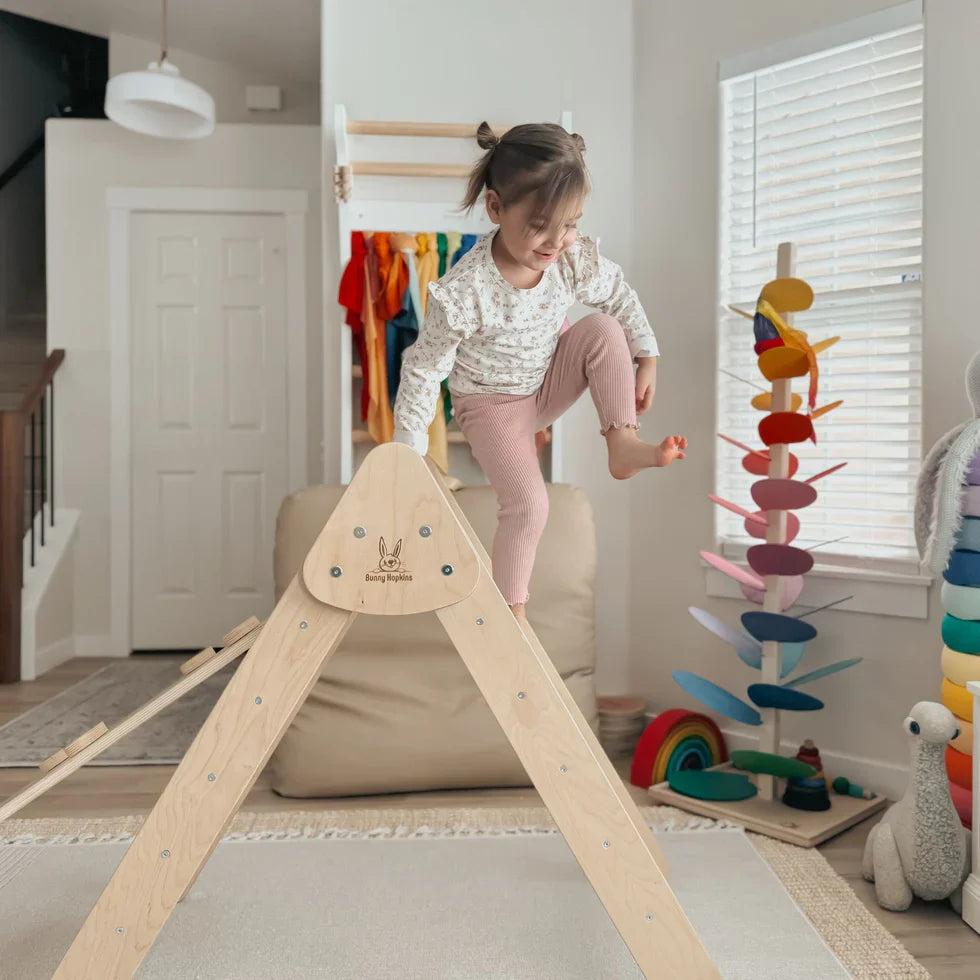As parents, we all want what's best for our little ones. When we first found out we were expecting, like most parents-to-be, we immediately started researching the safest products for our baby. What we discovered was shocking: many products marketed as "natural" or "gentle" actually contain ingredients that might be harmful to developing bodies.
Today, we're pulling back the curtain on five common toxins hiding in supposedly "natural" baby products – and sharing our favorite truly clean alternatives.
1. Fragrance/Parfum: The Mystery Ingredient
The Problem: When you see "fragrance" or "parfum" on a label, it might seem harmless – after all, who doesn't love that "baby fresh" scent? But this single word can legally hide hundreds of undisclosed chemicals, including phthalates, which may disrupt hormones and affect development.
Look for instead: Products that specify "fragrance-free" (not just "unscented"), or those that disclose all fragrance ingredients with terms like "scented with essential oils of lavender and chamomile."
Our pick: Blossom Baby Fragrance-Free Wash that uses gentle cleansers derived from coconut and contains absolutely no synthetic fragrances.
2. Parabens: The Preservative Problem
The Problem: Parabens (including methylparaben, propylparaben, and butylparaben) are preservatives found in many baby lotions and shampoos. They prevent bacterial growth, which sounds good – but studies suggest they may also mimic estrogen in the body.
Look for instead: Products preserved with natural alternatives like radish root ferment filtrate, sodium benzoate derived from fruits, or simply products with shorter shelf lives but cleaner ingredients.
Our pick: Pure Baby Organic Lotion, which uses a proprietary blend of plant-based preservatives and comes in airless packaging to maintain freshness without harmful additives.
3. Polyethylene Glycol (PEGs): The Thickening Agent
The Problem: PEGs are petroleum-based compounds used to thicken products or help ingredients penetrate skin. They can be contaminated with ethylene oxide and 1,4-dioxane – both carcinogens.
Look for instead: Natural thickeners like plant-based glycerin, aloe vera, or xanthan gum.
Our pick: Nurture Baby Cream with organic shea butter and aloe vera providing moisture without petroleum derivatives.
4. Flame Retardants: The Silent Sleeptime Threat
The Problem: Many conventional baby pajamas and mattresses contain chemical flame retardants that have been linked to hormone disruption, lower IQ, and other developmental concerns.
Look for instead: Naturally flame-resistant fabrics like wool or snug-fitting cotton pajamas (which meet safety standards without chemicals). For mattresses, look for those using wool as a natural flame barrier.
Our pick: Dreamland Organic Cotton Snug-Fit Pajamas and our Peaceful Night Wool-Wrapped Crib Mattress.
5. Bisphenols (BPA, BPS): The Plastic Problem
The Problem: While many products now advertise "BPA-free," manufacturers often substitute other bisphenols like BPS, which may pose similar health concerns. These chemicals can leach from plastic bottles, especially when heated.
Look for instead: Glass or stainless steel bottles and food containers. If you do use plastic, avoid heating it and look for those explicitly labeled "bisphenol-free" (not just "BPA-free").
Our pick: Little Sippers Glass Bottles with Protective Silicone Sleeve – providing durability with none of the chemical leaching concerns.
Why This Matters
Your baby's developing systems are more vulnerable to environmental chemicals than adult bodies. Their skin is thinner, their liver and kidneys are still developing (affecting how they process toxins), and relative to their body weight, they experience greater exposure to anything in their environment.
Every little reduction in harmful chemical exposure adds up to a healthier start for your little one. That's why at Simple Steps Market, we do the ingredient detective work for you – so you can shop with confidence, knowing everything that touches your baby meets the highest standards for safety.
Begin Your Non-Toxic Journey
Whether you're making changes one product at a time or doing a complete nursery overhaul, remember that every small step toward reducing toxic exposure matters. What non-toxic swaps have made the biggest difference for your family? Share in the comments below!
